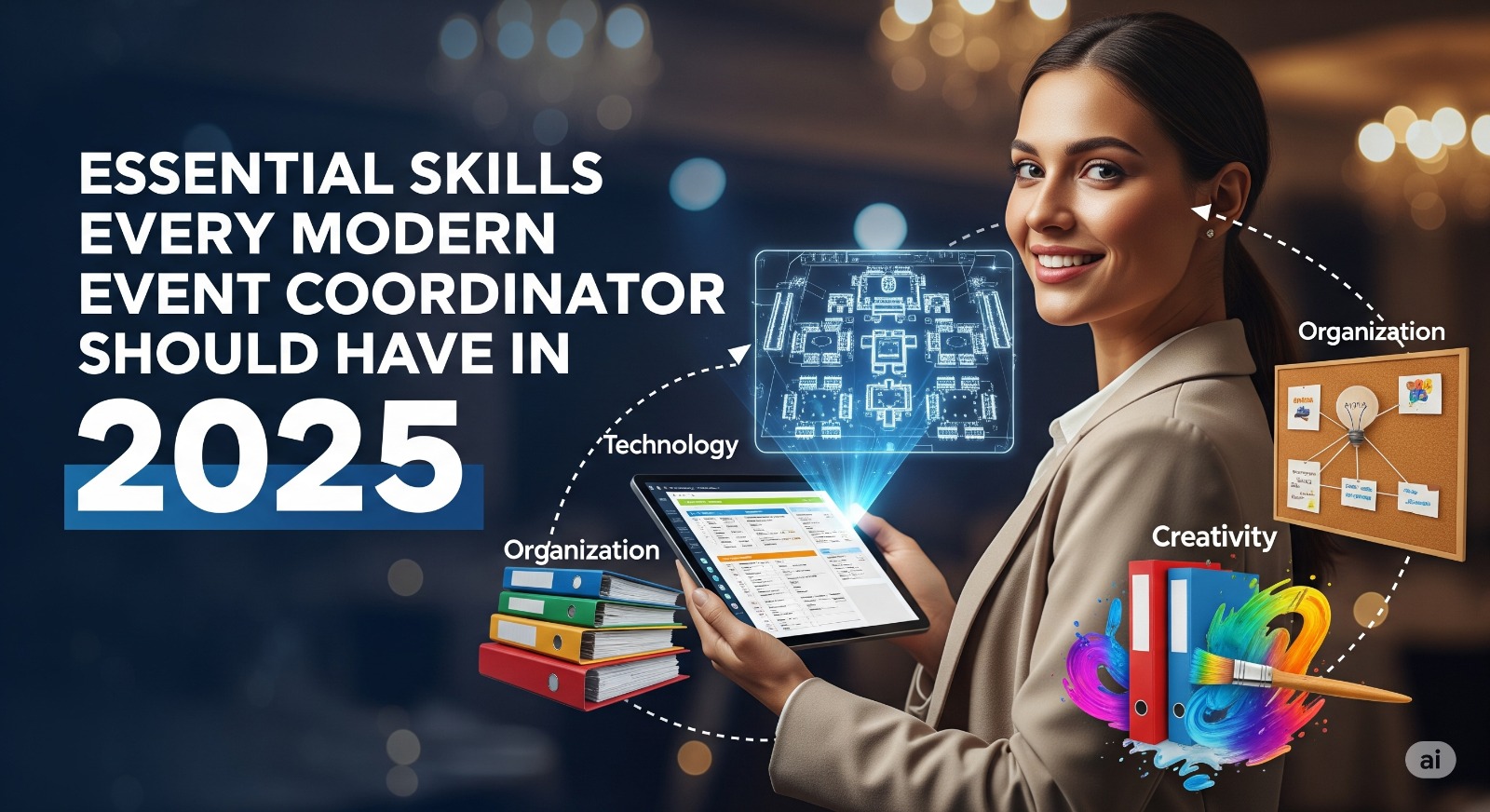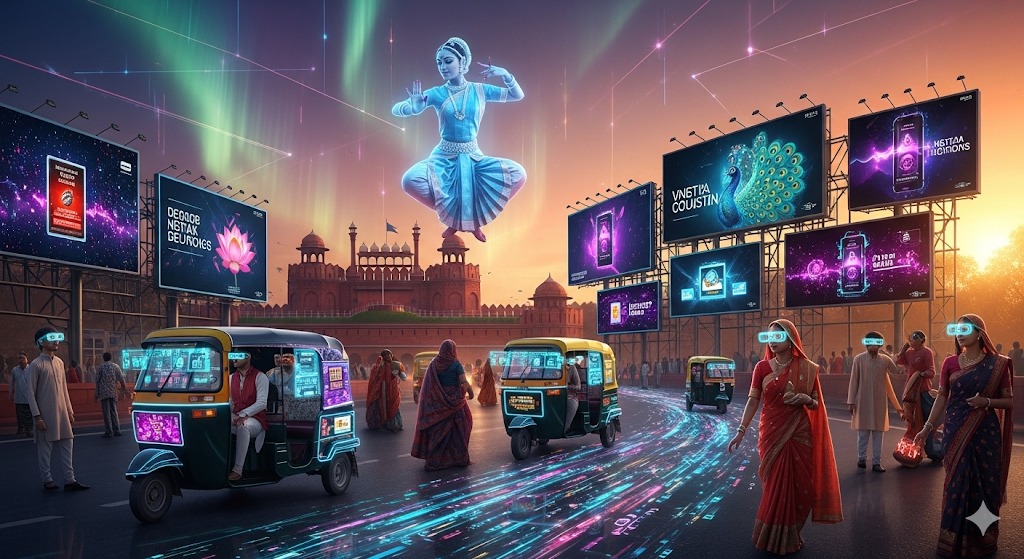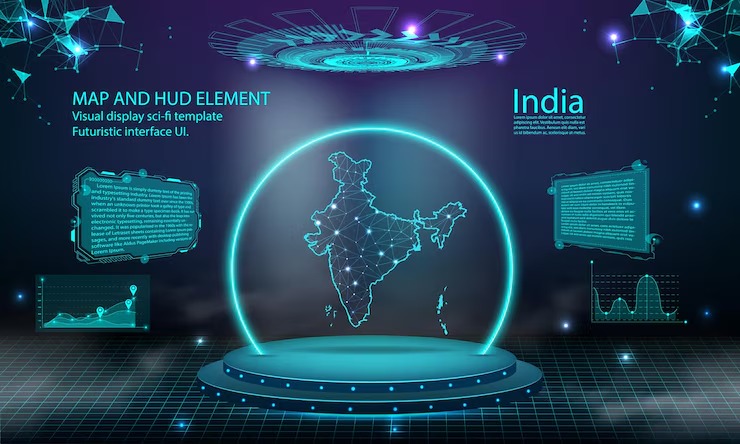In the ever-evolving world of event management, being a successful event coordinator requires much more than good organizational skills. With the rise of technology, sustainability concerns, diverse event formats, and heightened client expectations, today’s event coordinators must be equipped with a dynamic and versatile skill set to stay ahead.
If you want to thrive in the competitive landscape of event management services—whether coordinating corporate conferences, weddings, or local social gatherings—these essential skills are what top event management companies look for in their coordinators in 2025.
1. Mastery of Event Planning Technology
The integration of event management technology is no longer optional. From AI-powered scheduling tools to mobile event apps that handle registration, attendee engagement, and real-time updates, proficient coordinators must be tech-savvy.
- Familiarity with event management apps enhances productivity.
- Experience using data analytics tools supports ROI-focused event management strategies.
- Knowledge of hybrid event platforms allows coordinators to seamlessly blend virtual and in-person experiences.
2. Strong Communication and Interpersonal Skills
An event coordinator is the hub connecting clients, vendors, and attendees. Clear, timely, and persuasive communication ensures smooth logistics and builds trust.
- Being able to listen and customize services fits perfectly with the trend of personalized, local event management services.
- Effective negotiation skills help secure the best deals with suppliers and venues.
- Virtual communication skills have become crucial due to increased reliance on digital event platforms.
3. Expertise in Sustainability and Green Events
With more clients searching for sustainable event management services and green event management solutions, coordinators who understand eco-friendly options have a competitive edge.
- Knowledge of sustainable materials, waste reduction, and green catering helps elevate event quality.
- Ability to incorporate digital invitations and paperless communication demonstrates commitment to the environment.
- Coordinators can advise clients on eco-friendly party planners and suppliers to fulfill this growing demand.
4. Exceptional Time Management and Organization
Coordinating multiple event components simultaneously requires sharp organizational skills.
- Ability to manage timelines, vendor schedules, and last-minute changes without losing focus.
- Use of project management tools and apps to streamline workflow.
- Keeping track of contracts, budgets, and attendee details meticulously ensures a smooth event execution.
5. Creativity and Problem-Solving Abilities
The unexpected happens—and often at the last minute. Modern event coordinators must think on their feet.
- Innovating personalized experiences, such as unique themes or tech-driven engagement, is a valuable bonus.
- Quick thinking to resolve issues, from technical glitches in hybrid events to weather disruptions in outdoor weddings.
- Creativity is also key to integrating attendee wellness activities, a trend growing in importance.
6. Knowledge of Local Venues, Vendors, and Legalities
Clients often search “event planners near me” because they want someone familiar with their region’s unique offerings.
- Relationships with trusted local event management companies and vendors ensure reliability.
- Understanding city-specific permits, licenses, and regulations avoids legal pitfalls.
- Insights into locality-specific customs or cultural elements help tailor events authentically.
7. Financial Acumen and Budget Management
Successfully managing an event budget is crucial, especially when businesses demand measurable outcomes and efficiencies.
- Tracking expenses and optimizing costs while maintaining quality aligns with ROI-focused event management goals.
- Transparent reporting to clients builds credibility and supports long-term partnerships.
- Knowing where to invest for maximum impact—from tech tools to sustainable catering—makes a difference.
Conclusion: Why These Skills Matter More Than Ever
The role of event coordinators in 2025 blends tradition with cutting-edge innovation. To meet the expectations of modern clients searching for event planning, wedding planners, corporate event planners, and sustainable event services, coordinators must evolve continuously.
By mastering technology, communication, sustainability, organization, creativity, and local expertise, event coordinators don’t just manage events—they create memorable experiences that resonate with attendees and deliver tangible value.
















































